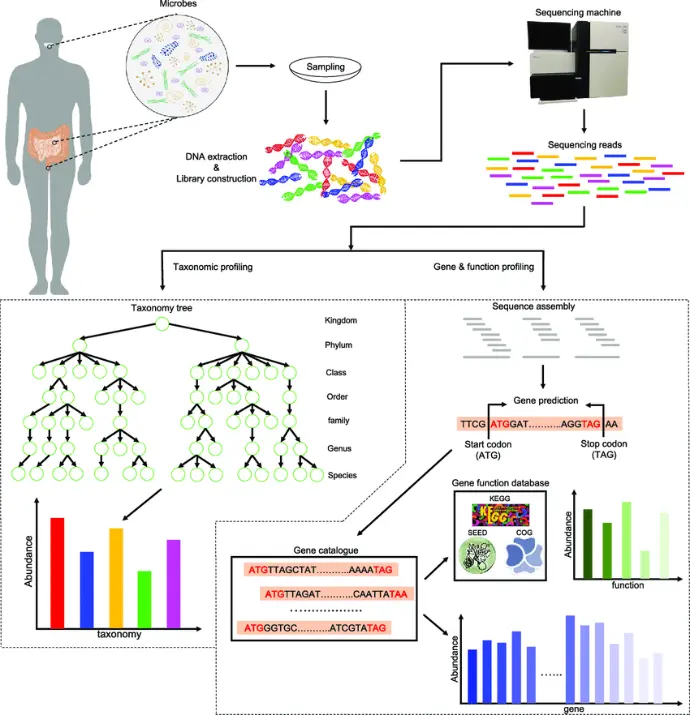Metagenomics and Infectious Diseases: Mapping the Hidden Microbiome
Metagenomics has emerged as a transformative approach for understanding infectious diseases by enabling comprehensive characterization of microbial communities directly from clinical and environmental samples, without the need for culturing. This high-throughput sequencing technology uncovers the full spectrum of microorganisms bacteria, viruses, fungi, and parasites that coexist within the host, including those that are often overlooked by conventional diagnostic methods. In infectious disease research, metagenomic profiling provides insights into pathogen diversity, virulence factors, antimicrobial resistance genes, and the complex interactions between commensals and pathogens that influence disease progression. By mapping these hidden microbial ecosystems, researchers and clinicians can move beyond single-pathogen detection toward a systems-level view of infection, supporting improved outbreak tracking, personalized therapies, and the development of precision diagnostic tools. This shift from reductionist approaches to holistic community analysis positions metagenomics at the forefront of modern infectious disease surveillance and management.
